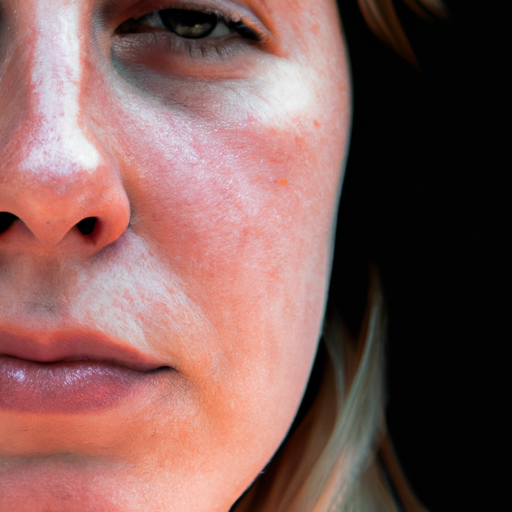As a dermatologist, I am often asked, “How often should I moisturize my skin?” The answer is not as straightforward as one might think. The frequency of moisturizing depends on various factors such as your skin type, the climate you live in, and your daily activities. Understanding these factors and the science behind skin hydration can help you unlock the secrets to achieving healthy, hydrated skin.
Skin hydration is crucial for maintaining a healthy skin barrier. The outermost layer of your skin, known as the stratum corneum, is composed of dead skin cells and lipids (fats). This layer acts as a protective shield against environmental aggressors like pollutants and bacteria. When this layer is well-hydrated, it remains flexible and strong. Conversely, when it’s dehydrated, it becomes dry, tight, and more susceptible to damage and premature aging.
So, how often should you moisturize to maintain this protective barrier? For most people, moisturizing twice a day – once in the morning and once at night – is sufficient. However, this frequency can vary depending on several factors.
Firstly, your skin type plays a significant role. If you have dry or mature skin, you may need to moisturize more frequently as your skin naturally produces less oil. On the other hand, if you have oily or acne-prone skin, over-moisturizing can lead to clogged pores and breakouts. In this case, opt for a lightweight, non-comedogenic moisturizer and apply it once or twice a day.
Secondly, the climate you live in can affect your skin’s hydration levels. In dry or cold climates, the air can strip moisture from your skin, making it feel dry and tight. To combat this, you may need to moisturize more frequently or use a richer moisturizer. Conversely, in hot and humid climates, your skin may produce more oil, reducing the need for frequent moisturizing.
Lastly, your daily activities can influence your moisturizing routine. If you swim regularly or wash your hands frequently, the water and soap can strip your skin of its natural oils, necessitating more frequent moisturizing. Similarly, if you use harsh skincare products or exfoliate often, your skin may become dry and irritated, requiring additional hydration.
Regardless of these factors, it’s essential to moisturize immediately after bathing or washing your face. This is because water can evaporate off your skin quickly, taking some of your skin’s natural moisture with it. By applying a moisturizer while your skin is still damp, you can lock in this moisture and prevent dehydration.
In conclusion, the ideal moisturizing frequency varies from person to person. As a rule of thumb, moisturize at least twice a day and adjust as necessary based on your skin type, climate, and daily activities. Remember, the goal is not just to hydrate your skin but to maintain a healthy skin barrier. By understanding the science behind skin hydration and tailoring your moisturizing routine to your individual needs, you can unlock the secret to healthy, hydrated skin.



